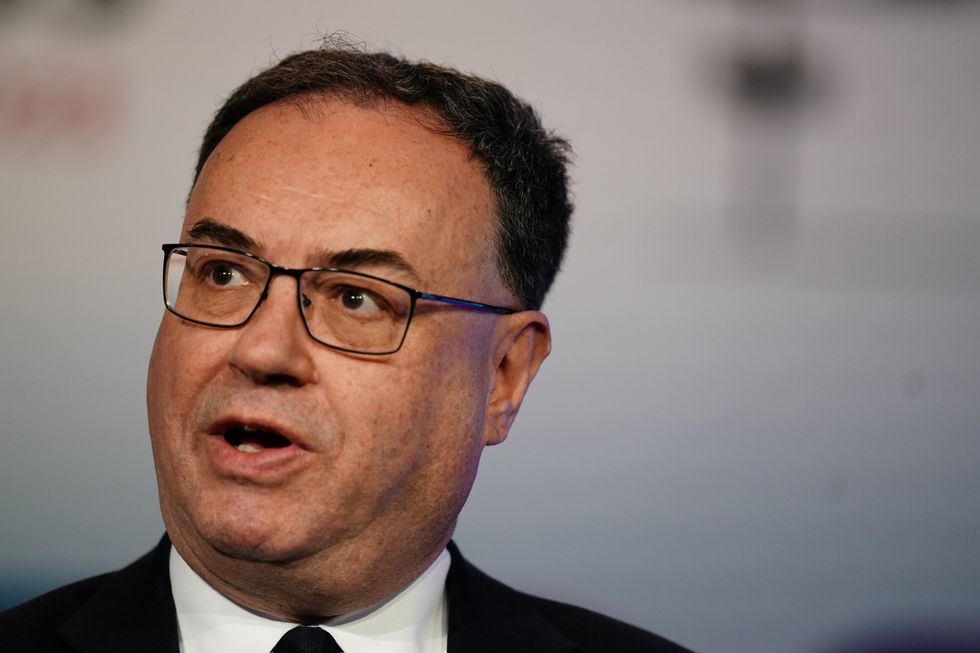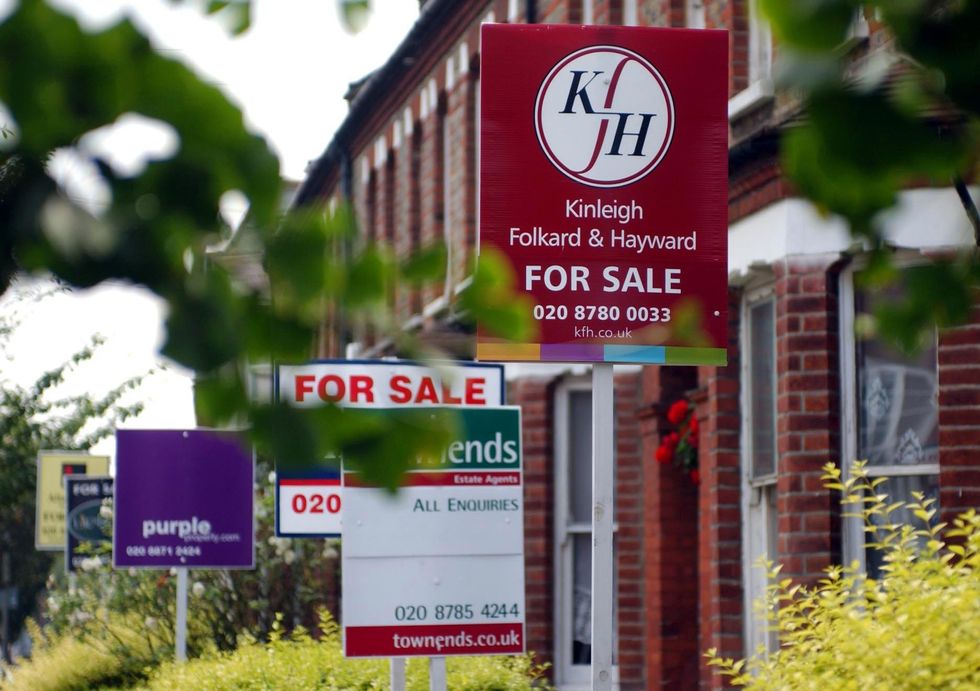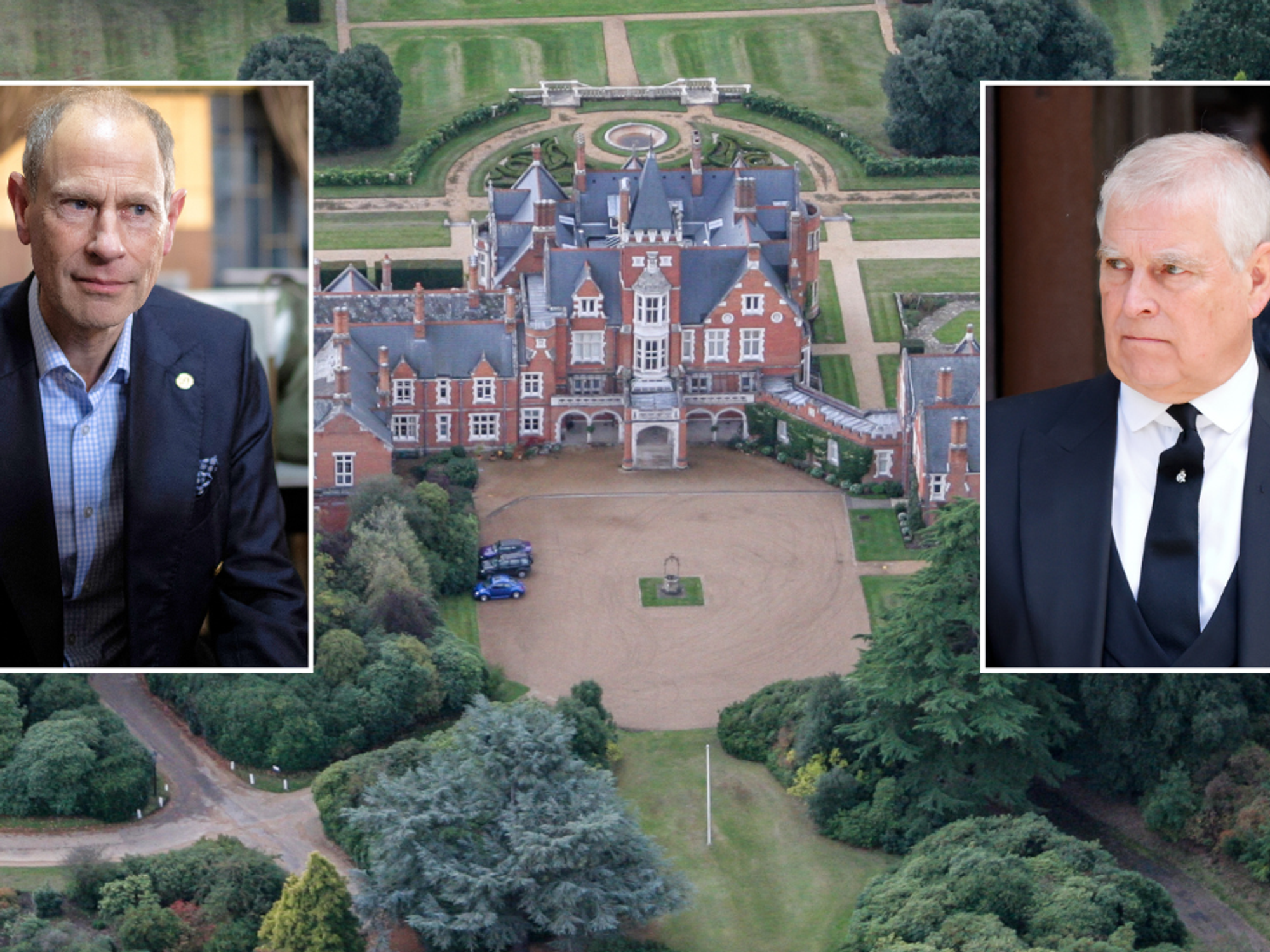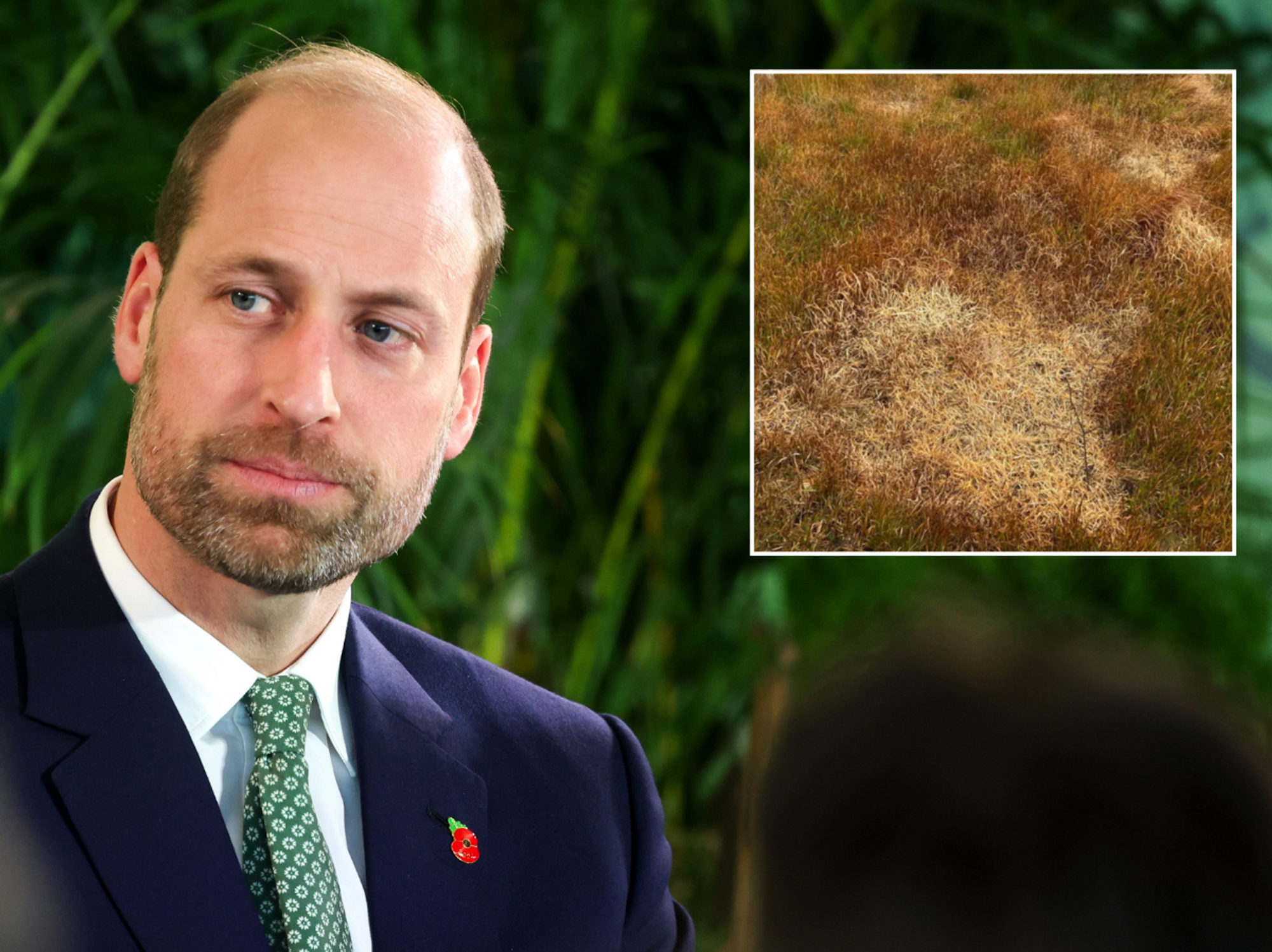Mortgage rates set to hit highest level this century as housing crisis looms

Experts suggest the Bank of England remains far from getting on top of inflation
Don't Miss
Most Read
Mortgage rates are expected to peak at 6.5 per cent by the end of the year - the highest since 1998 according to financial market experts.
Rates have surged over the past five weeks, as inflation proves "stickier" than expected, leading to predictions of more interest rate hikes from the Bank of England.
Azad Zangana, a senior European Economist and Strategist at Schroders says the firm has revised its call for the UK terminal rate on Wednesday, from a 5 per cent forecast previously.
The financial expert warns that the new forecast - which is 1.5 per cent higher - will drive the UK economy into a recession.

Rates have surged over the past five weeks, as inflation proves 'stickier' than expected, leading to predictions of more interest rate hikes from the Bank of England
|PA
The economist added that Britain “cannot rule out” financial stability issues as the BoE could have the potential to disproportionately impact the housing market.
Zangana suggested the BoE are firmly set on prioritising inflation over growth.
He said: "We know that interest rates work with long and variable lags, and it is not exactly clear yet what the effect of the 13 consecutive rate rises seen so far will be.
"With its forecasting abilities under question, however, the BoE’s likely approach now comes with a risk of “policy error,” where it raises interest rates too high.
LATEST DEVELOPMENTS:
"Perhaps more than any other developed economy central bank, the BoE is set on a course of prioritising inflation over growth. And it’s becoming increasingly clear that the trade-off for taming inflation will likely be a recession."
The Bank of England has announced a half percentage hike in the interest rate from 4.5 per cent to 5 per cent earlier this month.
Andrew Bailey, Governor of the Bank of England, explained the decision: “We've raised rates to 5 per cent following recent data which showed that further action was needed to get inflation back down."
Zangana says the hike suggests a greater belief from investors that the BoE will do what is required to tame inflation.

The economist added that Britain 'cannot rule out' financial stability issues as the BoE could have the potential to disproportionately impact the housing market
| PAHe said: "As little as a month ago we felt the BoE would use its forecasts of falling inflation to justify a pause in hikes by the autumn and then cuts in early 2024.
"But with its ability to make credible forecasts under question, the BoE now seems dependent on the incoming data to inform decisions. Crucially, it appears that the Bank’s 'reaction function' has changed."
The BoE has faced criticism from those suggesting that interest rates should not be raised at all if they have not worked so far in lowering inflation.
However, the chancellor has publicly backed further hikes in recent days, while the prime minister said at the weekend that curbing inflation through higher interest rates should be the key priority.










